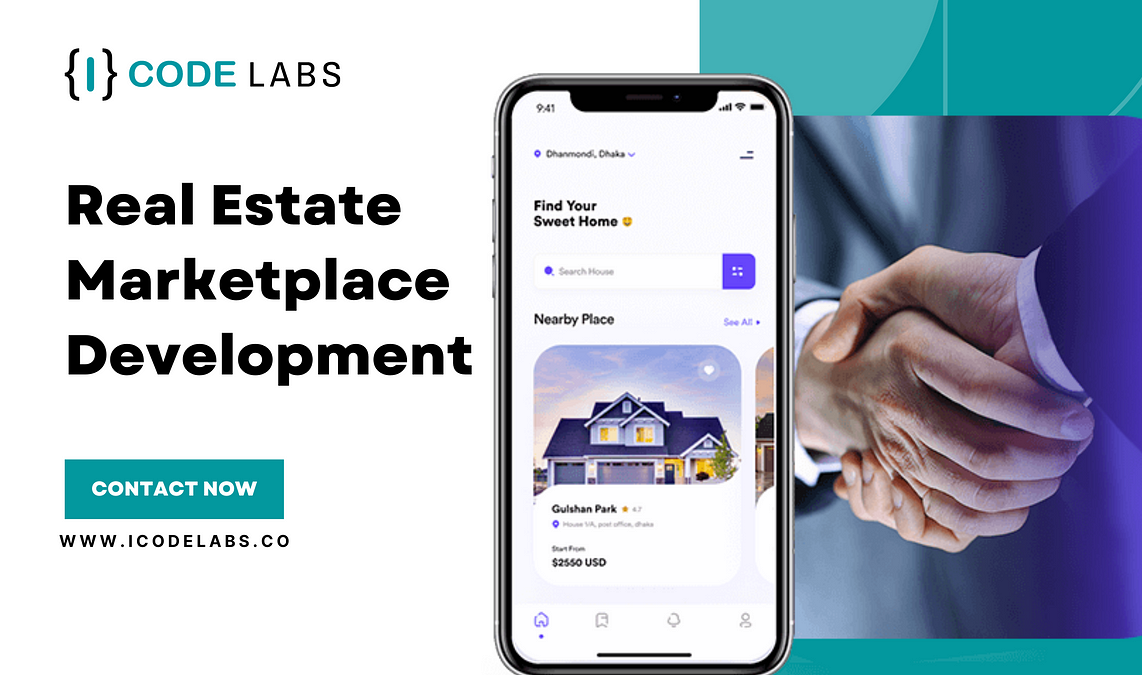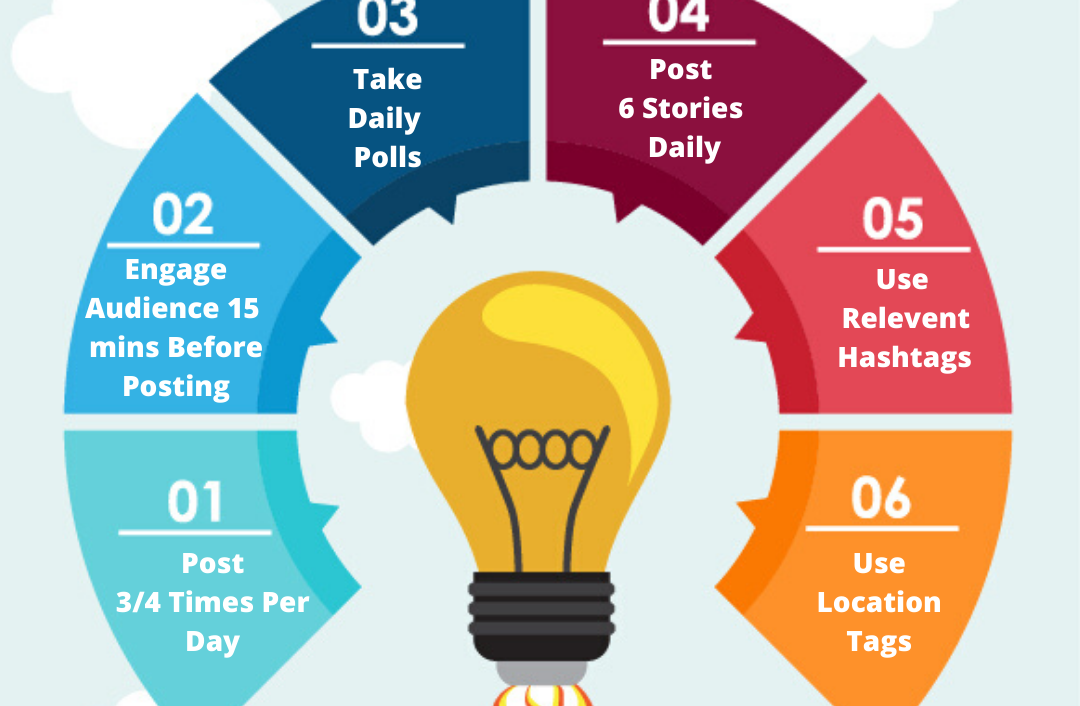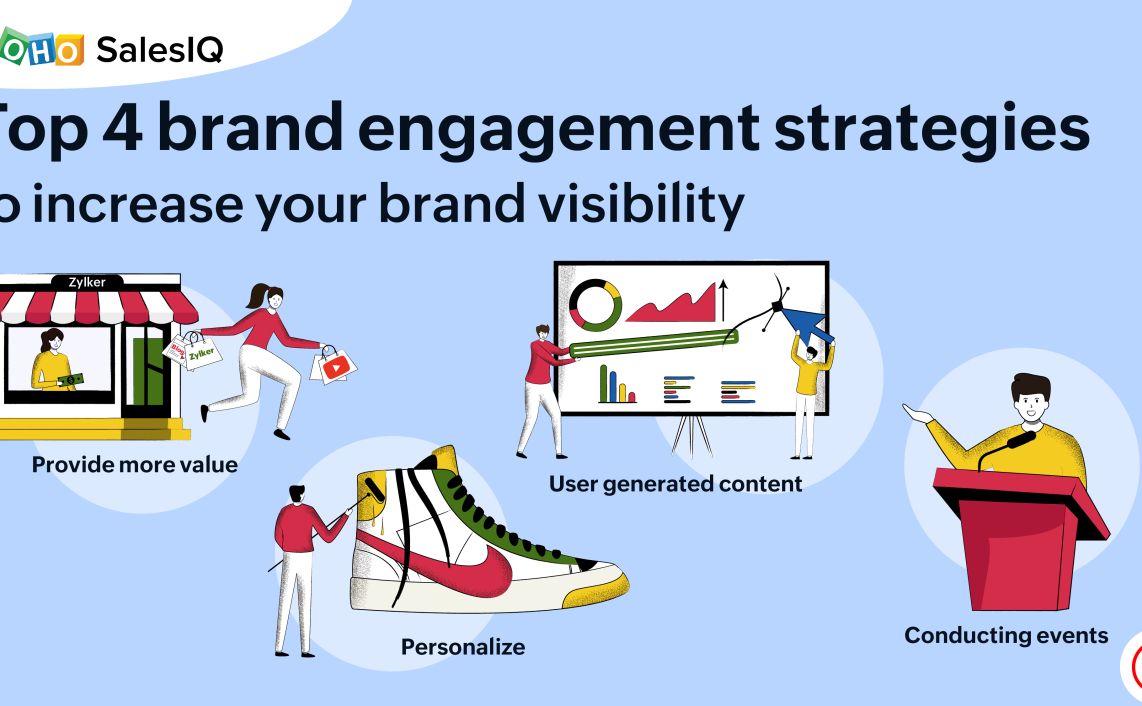Effective Digital Marketing Strategies For Dietary Supplements And Otc Products

Executive Summary
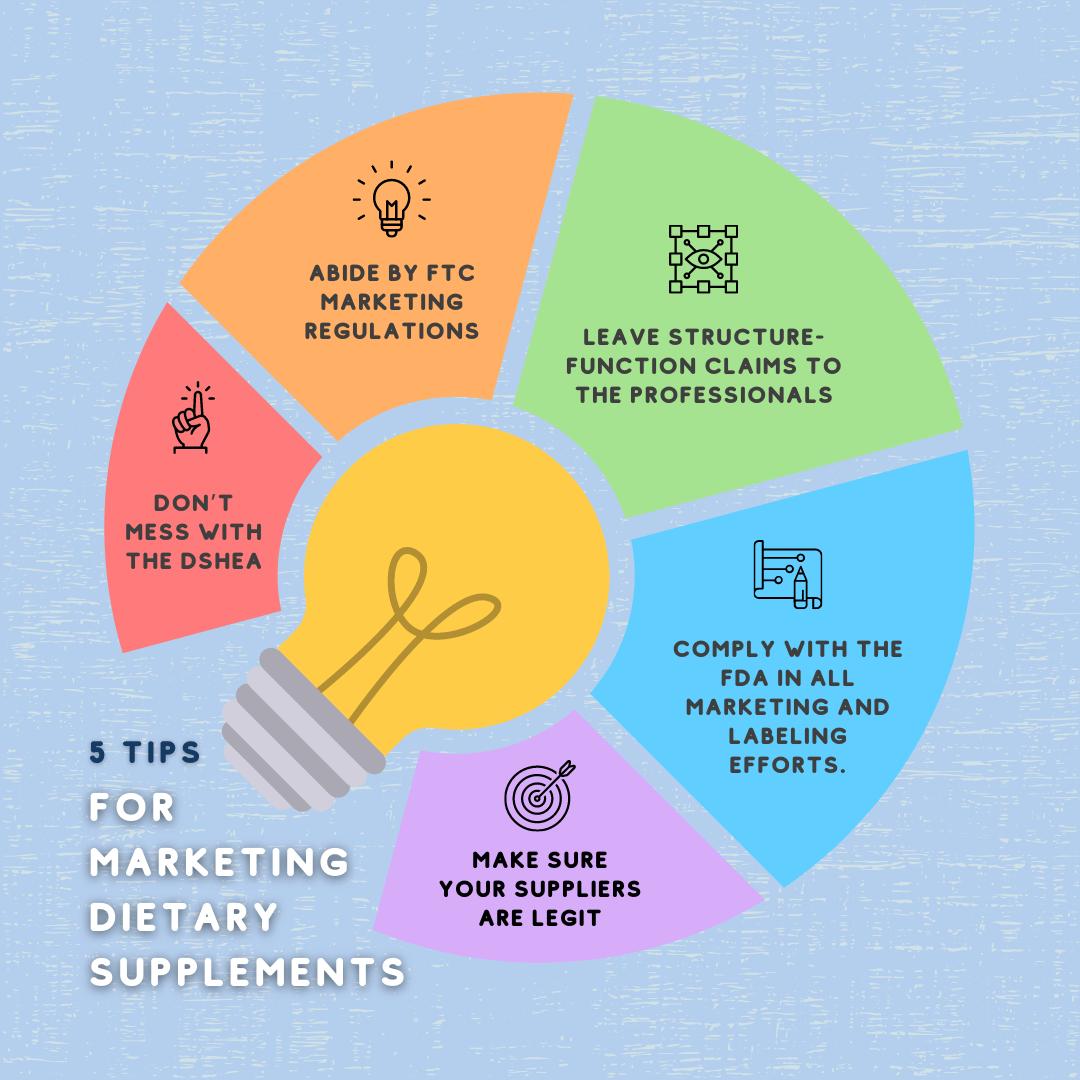
Dietary supplements and OTC products face unique challenges in the digital marketing landscape. However, by leveraging effective strategies, brands can reach and engage their target audience, drive sales, and build lasting relationships. This article explores five key digital marketing strategies tailored to the dietary supplement and OTC industry, providing comprehensive guidance to help businesses achieve their goals.
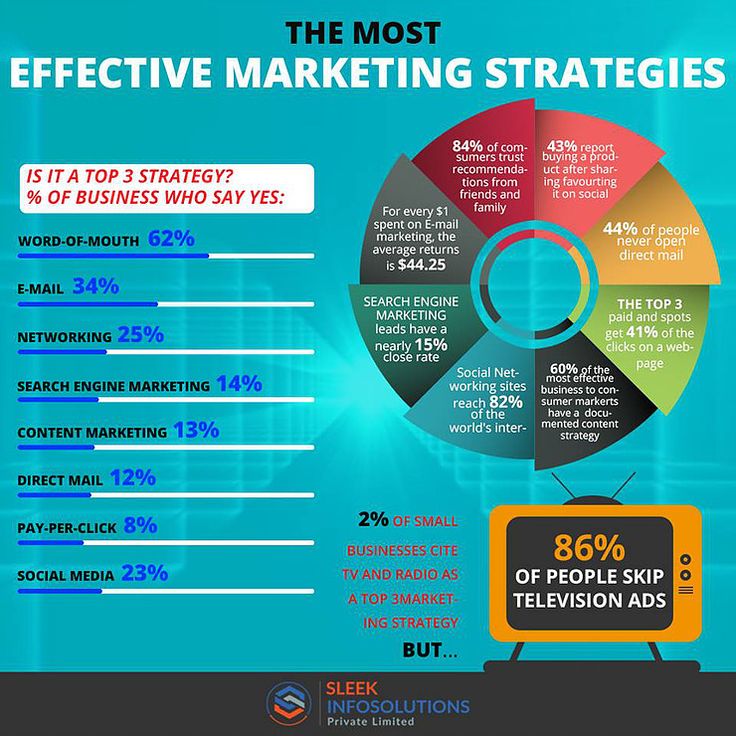
Introduction
In today’s digital world, consumers are increasingly turning to online channels to research, discover, and purchase health and wellness products. For dietary supplements and OTC products, establishing a strong digital presence is crucial for reaching and connecting with potential customers. This article aims to provide a comprehensive overview of effective digital marketing strategies designed to drive success in this competitive industry.
FAQs
What are the key challenges in digital marketing for dietary supplements and OTC products?
- FDA regulations: Adherence to strict FDA guidelines and regulations can be complex and time-consuming.
- Competition: The industry is highly competitive, with numerous brands vying for consumer attention.
- Product differentiation: Establishing a unique value proposition and differentiating products from competitors can be challenging.
How can digital marketing benefit dietary supplement and OTC brands?
- Increased reach: Digital channels offer a broader reach than traditional marketing methods, allowing brands to connect with a wider audience.
- Personalized engagement: Digital marketing platforms enable personalized content and tailored messaging, enhancing customer relationships.
- Measurable results: Digital marketing provides data-driven insights, allowing brands to track and optimize their campaigns for better results.
What are some common digital marketing strategies for dietary supplements and OTC products?
- Content marketing: Creating and distributing valuable, educational content to educate and engage potential customers.
- Social media marketing: Leveraging social media platforms to build communities, share information, and drive brand awareness.
- Search engine marketing (SEM): Optimizing website content and running paid search campaigns to improve visibility in search results.
- Influencer marketing: Collaborating with industry influencers to reach a wider audience and build credibility.
- E-commerce marketing: Establishing an online store or partnering with e-commerce platforms to facilitate product sales.
Top 5 Digital Marketing Strategies
Content Marketing
Description: Content marketing involves creating and distributing valuable, educational, and entertaining content that appeals to the target audience. By providing relevant information, brands can establish themselves as trusted sources and nurture relationships with potential customers.
- Blog posts: Develop informative blog posts that cover topics related to health, wellness, and the benefits of dietary supplements and OTC products.
- E-books and white papers: Offer comprehensive guides that delve into specific health issues, product ingredients, and research findings.
- Infographics and videos: Use visually appealing infographics and videos to simplify complex information and make it more engaging.
Social Media Marketing
Description: Social media platforms provide a powerful way to connect with consumers, build communities, and drive brand awareness. By sharing relevant content, engaging with followers, and running targeted advertising campaigns, brands can effectively reach and influence their audience.
- Create a strong brand presence: Establish a consistent brand voice and aesthetic across all social media channels.
- Engage with followers: Respond to comments, answer questions, and foster a sense of community by hosting Q&A sessions and contests.
- Run targeted advertising campaigns: Use social media advertising to reach specific demographics, interests, and behaviors.
Search Engine Marketing (SEM)
Description: SEM encompasses a range of tactics to improve a website’s visibility in search results. By optimizing website content, conducting keyword research, and running paid search campaigns, brands can increase their chances of being found by potential customers searching for dietary supplements and OTC products.
- Keyword research: Identify relevant keywords and phrases that potential customers are searching for and incorporate them into website content.
- On-page optimization: Optimize website content, including page titles, meta descriptions, and headers, to improve search engine ranking.
- Paid search campaigns: Run targeted ads that appear in search results when users search for specific keywords.
Influencer Marketing
Description: Influencer marketing involves partnering with individuals who have established a following and credibility in the health and wellness industry. By collaborating with influencers, brands can tap into their audience, build trust, and drive sales.
- Identify relevant influencers: Research and identify influencers who align with the brand’s values and have a genuine interest in dietary supplements and OTC products.
- Develop an effective campaign: Define clear campaign goals, provide influencers with product samples, and offer incentives for participation.
- Track results and optimize: Monitor campaign performance, measure engagement, and adjust the strategy as needed to maximize results.
E-commerce Marketing
Description: E-commerce marketing involves the use of online marketplaces and e-commerce platforms to facilitate product sales. By establishing an e-commerce presence, brands can make their products accessible to consumers 24/7 and drive revenue growth.
- Create a user-friendly website: Design a website that is easy to navigate, provides detailed product information, and offers a smooth checkout process.
- Optimize for mobile: Ensure that the website is mobile-responsive and provides a seamless shopping experience on all devices.
- Leverage e-commerce platforms: Partner with e-commerce platforms such as Amazon and Shopify to expand product reach and tap into a wider customer base.
Conclusion
By implementing these effective digital marketing strategies, dietary supplement and OTC brands can effectively reach their target audience, drive sales, and build lasting relationships. From creating valuable content to leveraging social media and search engine marketing, each strategy plays a crucial role in establishing a strong digital presence. By understanding the unique challenges and opportunities of this industry, businesses can tailor their digital marketing efforts to achieve their specific goals and drive ongoing success.
Relevant Keyword Tags
- Dietary supplement marketing
- OTC product marketing
- Digital marketing strategies for dietary supplements
- E-commerce marketing for dietary supplements
- Social media marketing for OTC products



